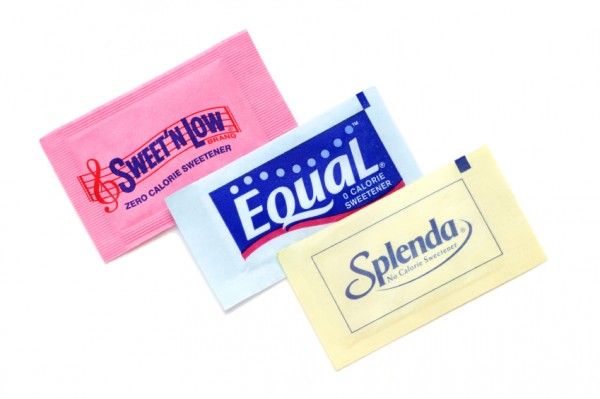A study from the American Academy of Neurology has found a link between sweetened drinks and a higher risk of depression, with diet soda being the highest risk. Conversely, unsweetened coffee got kudos for appearing to decrease the depression risk.
 “Sweetened beverages, coffee and tea are commonly consumed worldwide and have important physical — and may have important mental — health consequences,” said study researcher Honglei Chen, M.D., Ph.D., an investigator in the Epidemiology Branch at the National Institute of Environmental Health Sciences.
“Sweetened beverages, coffee and tea are commonly consumed worldwide and have important physical — and may have important mental — health consequences,” said study researcher Honglei Chen, M.D., Ph.D., an investigator in the Epidemiology Branch at the National Institute of Environmental Health Sciences.
Researchers studied the drinking habits of 263,925 people between 50 and 71 years old for a year. After a decade they checked back in with them and found 11,311 participants were diagnosed with depression. Frequently consuming sweetened drinks was linked to a modestly higher risk of depression.
While the study adds to a growing body of evidence linking artificial sweeteners and negative health outcomes, there is a big question mark since researchers aren’t able to give a concrete explanation for the connection.
There are five FDA-approved artificial sweeteners: saccharin (Sweet ’N Low), acesulfame, aspartame (NutraSweet, Equal), neotame, and sucralose (Splenda). Stevia, a natural low-calorie sweetener, has grown in popularity and is also approved by the FDA.
While the link between artificial sweeteners and depression may not be fully understood, the problems many health experts have is that there are a host of other concerns about them.
- Animal studies suggest artificial sweeteners may be addictive
- Artificial sweeteners may change the way we taste food. Much more potent than table sugar, it can over stimulate our sugar receptors.
- People may use the lack of calories as justification for consuming other nutrient-deficient foods or making up the save.
Will most people have problems with artificial sweeteners in moderation? Likely not. But if you can implement healthier alternatives, why bother? If it occasionally shows up in your diet, no need to beat yourself up over it.
Also Read:
Why You Should Never Buy Girl Scout Cookies
The Best Meal Delivery Diet – Our First Side-by-Side Comparison
